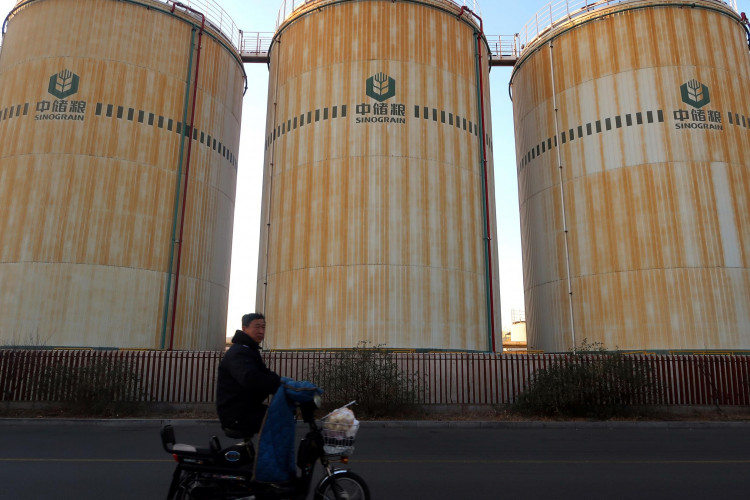China has no problem with grains. Next year, the country's grain output is expected to remain above 650 billion kilograms, with its total grain-planting area exceeding 95 million hectares, a senior agricultural official said.
Agriculture and Rural Affairs Minister Han Changfu made the remarks at a meeting attended by city-level heads of agricultural offices.
Historically, he said China had produced a 16-year bumper grain harvest, with its grain production hitting 663.85 billion kilos this year, beating the 650 billion kilograms mark for five years in a row.
Given the achievements, the production capacity of China's grain remains to be high, Han said, adding that people in some areas have slacked off in grain production or even pared down crop planting.
Massive Planting Efforts
To sustain the bumper harvests of the country, the minister said it was essential to ensure policy stability and to maintain steady planting areas.
Next year, according to Han, the country will complete the cultivation of 5.3 million hectares of high-standard agricultural land and the construction of highly efficient water-saving irrigation facilities in 1.3 million hectares of farmlands.
Contingency plans need to be made to avoid infestation of insects and to cope with regional drought or floods if necessary while enhancing early warning, he said.
The restoration of hog production and the growth of modern animal husbandry would increase the demand for maize, which is why major maize producing areas need to increase their productivity to secure a reliable national supply. Soya production and high-quality rice and wheat cultivation will be promoted, he added.
Holiday Pork Demand
Meanwhile, based on a recent meeting on restoring hog supply, China will take multiple steps to meet the demand for pork in the upcoming New Year and Spring Festival holidays and strive to keep pork prices stable.
Vice-Premier Hu Chunhua said during the first quarter when addressing the conference, that pork consumption will increase intensively, and efforts must be made to avoid short supply.
He emphasized the need to encourage hog producers to increase hog production, saying that more reserved pork and alternatives like beef, mutton, and poultry meat should be marketed.
Contingency plans must be made to deal with adverse weather that could make it harder to increase the supply of pork, he said.
"Restoring hog production is the most important way to keep hog prices steady and secure supply of pork," he said, encouraging local authorities to take effective action to meet the goals.






